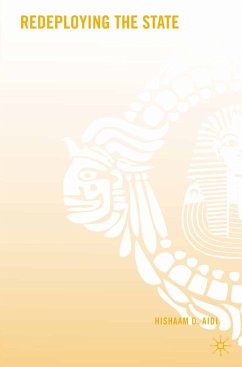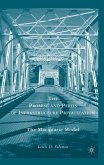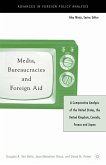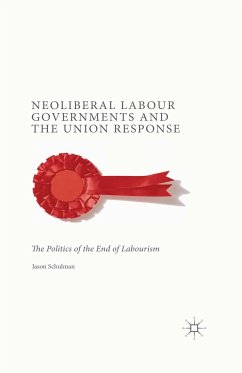Dieser Download kann aus rechtlichen Gründen nur mit Rechnungsadresse in A, B, BG, CY, CZ, D, DK, EW, E, FIN, F, GR, HR, H, IRL, I, LT, L, LR, M, NL, PL, P, R, S, SLO, SK ausgeliefert werden.
Arab Studies Journal
"The major strengths of the book are its historical approach, its concern for institutions and the relevance of the [Latin American and Middle Eastern] cases compared. It's a relief to see there are still texts with these characteristics, that go beyond methodological individualism and presumptuous attempts of statistics."
Foro Internacional
"Redeploying the State is an important cross-continental analysis that is recommended to scholars of both the Middle East and Latin America."
Ahmet T. Kuru, Insight Turkey









